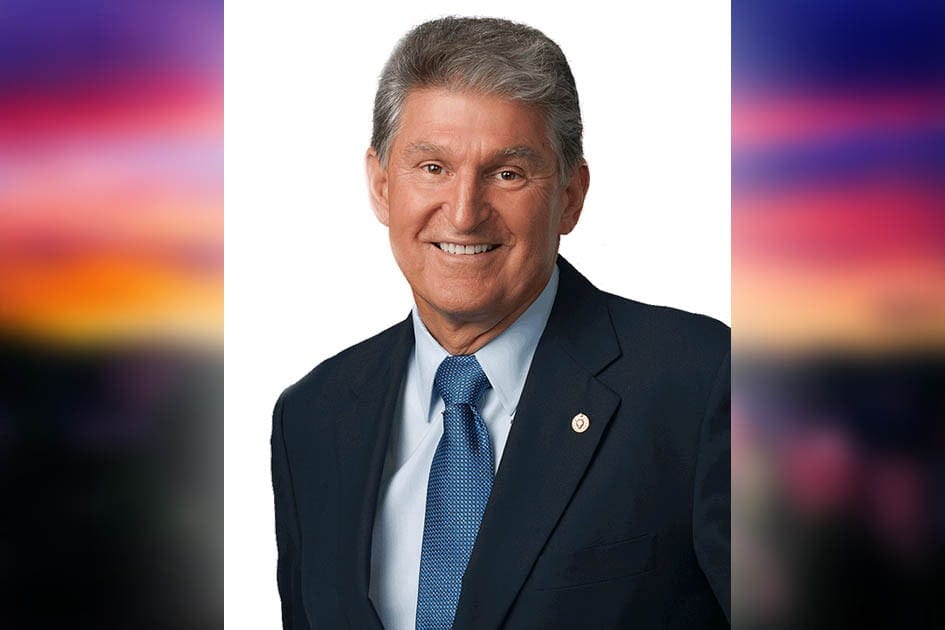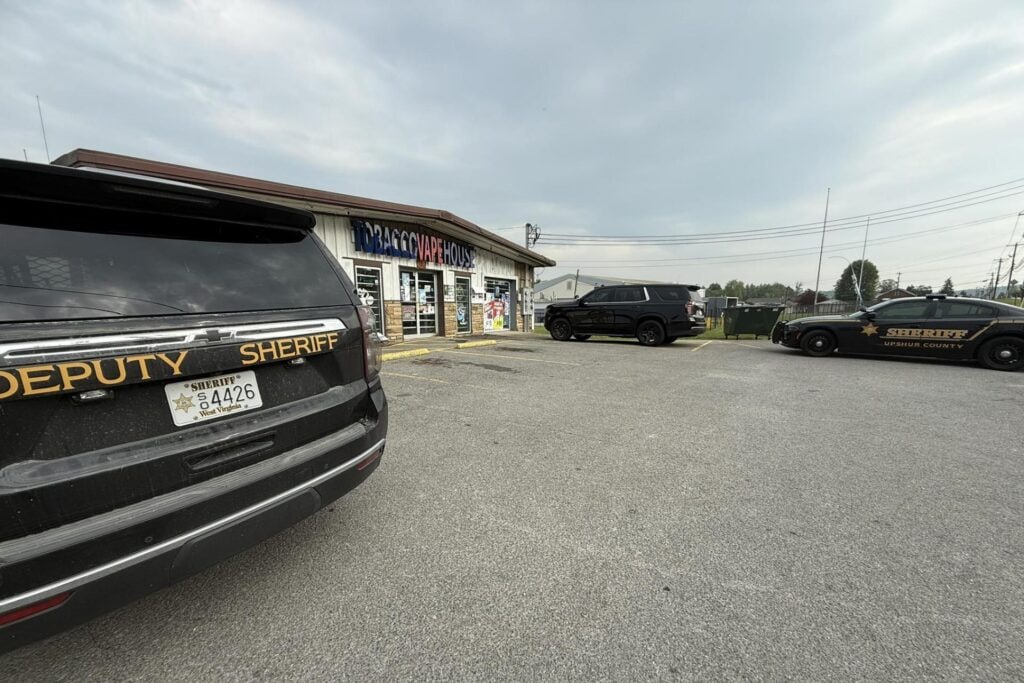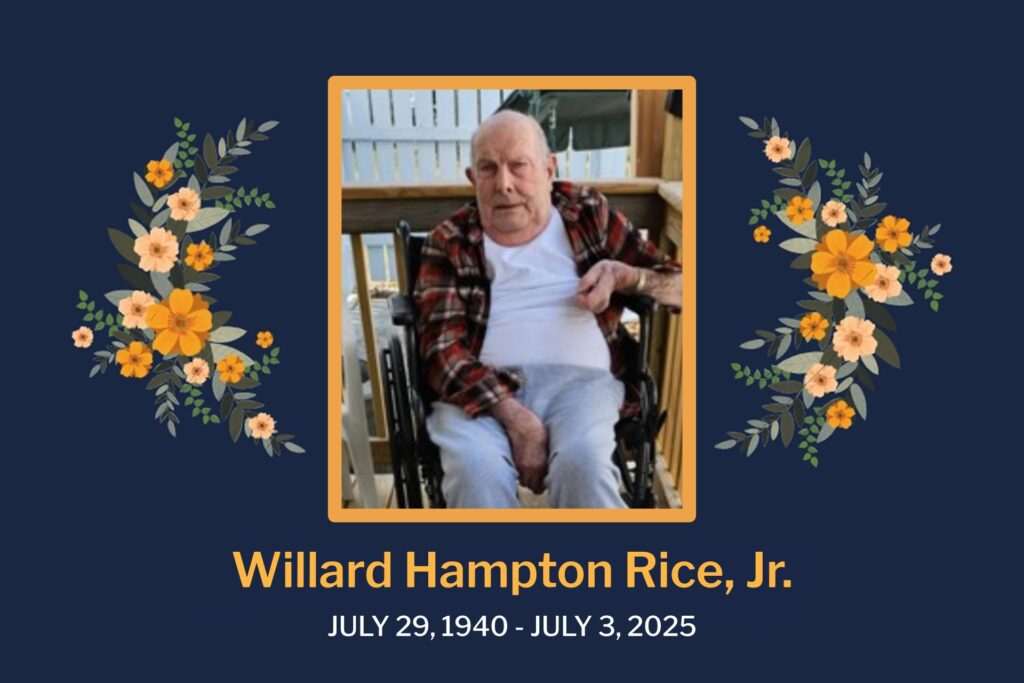Washington, D.C. – U.S. Senators Joe Manchin (D-WV) and Shelley Moore Capito (R-WV) today congratulated the 2020 Prudential Spirit of Community Award winners Angela Liu of Morgantown and Carlie Ice of Fairmont. The Prudential Spirit of Community Award represents the United States’ largest youth recognition program that is entirely dedicated to volunteer service. Each year, two outstanding youth from each state and the District of Columbia are selected and honored for their commitment to their communities.
“I want to personally congratulate Angela and Carlie on their service and contributions to the state of West Virginia. West Virginians are committed to helping our neighbors and bettering our communities, and I’m proud to see these young West Virginians continue that commitment. Angela and Carlie show how we can all give back to our communities and state and are making every West Virginian proud. I commend them on their accomplishments and look forward to seeing them when they’re in Washington,” said Senator Manchin.
“Every day, I am inspired by the youth of our state and their dedication to our fellow West Virginians,” said Senator Capito. “Angela and Carlie display such passion as selflessness for those around them, and the impact they create in the lives of others is evident. As the first woman elected to the U.S. Senate from West Virginia, I commend young women like Angela and Carlie who get involved and make a positive impact in their communities.”
From the Prudential Spirit of Community Awards press release:
Angela, a junior at Morgantown High School, started a club at her school that organizes events to help save the lives of those with blood cancers, such as leukemia and lymphoma, by expanding the pool of potential bone marrow donors. Angela first learned about the shortage of life-saving donated bone marrow two years ago from an older friend who wanted to start a chapter of the Be The Match registry network at West Virginia University in her hometown. “There is a high demand for bone marrow transplants but the supply is dangerously low,” Angela said. “Many people have to wait weeks while their situation worsens waiting for a donor. Without a transplant, they have less than a 10 percent chance of survival.” She wanted to help by starting a club at her school to expand the efforts in her town.
She began by researching the Be The Match National Marrow Donor Program and met with an organization official who said her club would likely be the first at the high school level. It was difficult to find a teacher to advise the club, but eventually she did, and recruited 30 student members. Working with WVU, Angela and her club run drives to sign up donors, who are given cheek swab kits that are then sent to the registry for testing. When doctors have patients who require donated marrow, they turn to the registry to find a match. Angela estimates that each of her drives adds about 40 potential donors to the registry, and she is now advising students in other towns on starting their own clubs.
Carlie, an eighth-grader at East Fairmont Middle School, increases awareness of epilepsy – a disease she shares with 3.5 million other Americans – by speaking to groups as a teen representative of the West Virginia chapter of the Epilepsy Foundation (EFWV), and raises money for research with lemonade stands, pumpkin-painting contests and a community walk. Carlie, an avid soccer player, sometimes has seizures on and off the field. “My mom told me how important it was for me to make sure I was safe doing the things I loved,” Carlie said. She also recognized that sometimes she was treated differently and not included in things. “I knew some of the reason was because people were scared or didn’t understand epilepsy,” she said. So Carlie, with the help of her mother, set out to change that.
They started by teaching her soccer and volleyball clubs about seizure first aid and safety, in case they were present when she or someone else had an attack. After being selected as a teen representative for EFWV, she began speaking at schools and demonstrating ways to help a person during a seizure. Carlie also began raising money to support people with epilepsy, first by hosting a lemonade stand that featured informational materials and first-aid wallet cards, as well as lemonade. In addition, she challenged classmates to paint Halloween pumpkins purple and make donations to vote for their favorite design. And she helped organize a Walk to END Epilepsy, raising more than $14,000. Carlie also has lobbied members of Congress from her state to support funding for epilepsy research and education.














